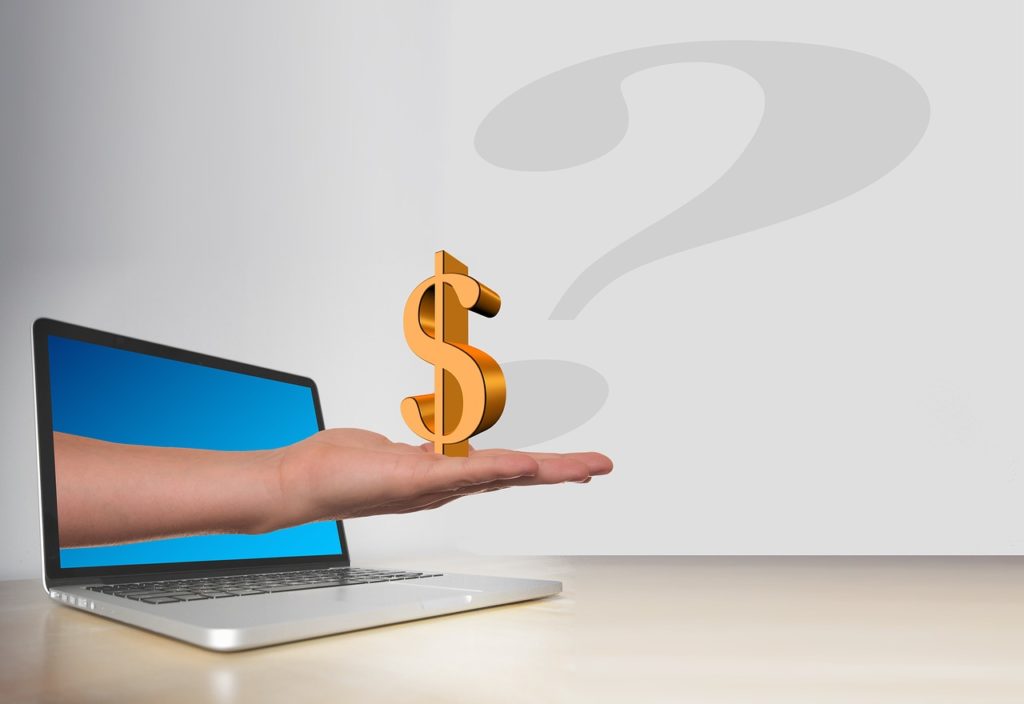
Jacques Poujade is a financial industry executive, with more than three decades of experience. During his career, he has worked in prominent roles in Canada, the UK, and the US. Therefore, he has the practical knowledge to help budget conscious entrepreneurs, from a range of backgrounds, obtain real estate financing to buy their ideal home. These days, he leverages that expertise at the non-bank mortgage provider, LendPlus. Here he shares five questions he commonly gets asked and that you, too, should ask your mortgage broker when buying a home.
Here he shares five questions he commonly gets asked and that
you, too, should ask your reverse mortgage broker when buying a home.
Table of Contents
1. What Documents do you Need to Process my Loan?
You should ask this question upfront, so you will have plenty of time to get your documents together. Proof of Income enables lenders to check that your earnings are sufficient to cover mortgage payments and living costs (i.e. utility bills and furnishing costs). Lenders will gauge your risk profile by researching your credit history too.
Frequently, lenders ask for documents like bank statements to ensure that mortgage applicants have the funds to cover several monthly mortgage payments. This is just in case anything unexpected occurs – like having an accident that prevents you from working, or unexpectedly losing your job. Lenders may wish to see your tax return as well to check that the information you gave to the IRS corresponds with the income report you submitted to them.
2. Am I Eligible for an FHA Loan?
FHA loans are specialized loans provided by the FHA (Federal Housing Administration), which enable people with zero credit or bad credit to acquire mortgages. Usually, these loans are given to first time house buyers. The FHA permits these buyers to buy a house for a mere 3.5 percent down payment, in some cases. This makes home ownership possible for many more people. A minimum credit score of 580 is required for approval.
3. How Much Money Should I set Aside for Closing Costs?
Generally speaking, sellers pay closing costs, although sometimes, they might negotiate with buyers to split the cost. These costs include recording fees, commissions, title insurance, and mortgage fees. Buyers who have mortgage insurance with an annual payment option pay their lender the initial twelve month’s premium upon closing. Buyers who opt for monthly mortgage insurance payments only must pay their lender for one month upon closing.
Long story short, when determining how much you can put down on a house, you should include ancillary fees like closing costs and/or mortgage insurance.
4. Can I Pay Off My Mortgage Early?
Yes, absolutely. If you wish to release capital for other purposes, or lower the total interest charged for your mortgage, paying your mortgage off ahead of time could help. You make interest payments on your remaining balance every month your mortgage exists. If you pay off your balance early, you will avoid years of additional interest on the loan.
Also, fully paying your mortgage off increases your monthly cash flow. This eases the financial burden on your home and provides you with extra resources to save or invest. Over the long term, this approach could give you bigger returns.
5. Can I Benefit from Mortgage Insurance or PMI?
Yes, mortgage insurance gives lenders a financial guarantee that protects them, if borrowers default on their loans. If you want to purchase a house, signing up to loan conditions that feature mortgage insurance boosts your buying power to a large extent.
By purchasing mortgage insurance, you have the chance to buy a house with a five to ten percent down payment, rather than the twenty percent that is frequently needed if the lender isn’t protected by mortgage insurance. This is an ideal option for would be borrowers, who cannot make big down payments.
Connect with Jacques If you would like to receive further advice relating to finance and real estate, you can follow Jacques Poujade on Twitter and Facebook for his latest thoughts. He also covers these subjects in considerable detail on his personal website, JacquesPoujade.com
Any special purchase programs for seniors? Yes! A federally insured home equity conversion mortgage also known as the HECM Allows for a senior age 62 or older to purchase a new home using the reverse mortgage while never having to make another mortgage payment. You are still required to maintain property taxes and homeowner’s insurance and live in your home as your primary residence. According to reverse.mortgage, The down payment varies based on your age and current interest rate environment. As with any mortgage program, it is wise to weigh all options and speak to your trusted advisor. ”



